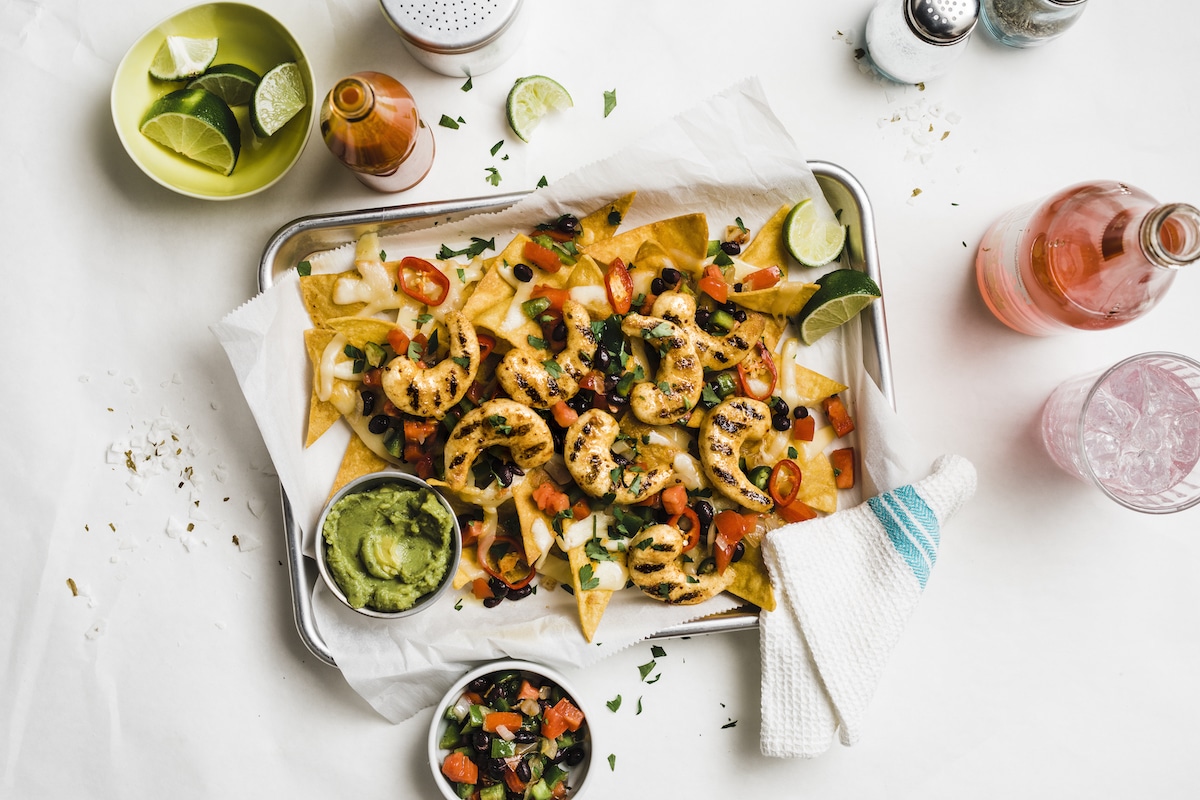As flexitarian diets become more mainstream, plant-based foods remain one of the industry’s hottest topics. With the demand for meat replacement options only growing, it’s important for chefs and operators building menus to ensure that they have options for everybody.
“The food paradigm is changing, and new food preferences are being driven by multiple factors,” says Brad Barnes, director of consulting and industry programs at The Culinary Institute of America. “There is now a whole different set of considerations when creating menus, like sustainability, healthful practices, and awareness of allergens. These new demands require different approaches, processes, and ingredients, like plant-based foods.”
At the same time, plant-based foods still have to deliver on taste in order to win repeat business. Nobody knows that better than Michelle Wolf, co-founder of New Wave Foods. She set out on a mission in 2016 to create plant-based shrimp that would taste great, be environmentally benign, and have the ability to be used in a wide variety of menu applications. After recently raising $18 million in Series A financing from those who have tried and loved the product, New Wave Foods is bringing its plant-based shrimp to foodservice operators, seeking to offer a worthy and sustainable substitute for the industry’s most popular seafood.
“We’ve spent five years developing our plant-based shrimp to make sure it’s the absolute best it can be,” Wolf says. “So I can tell you about the environmental benefits, or the plant-based flexitarian dietary needs that this product meets, but, at the end of the day, if it doesn’t taste delicious, diners won’t want it, and operators aren’t going to menu it. That’s why we are really excited about bringing this to market.”
New Wave Shrimp is made from seaweed and other plant-based ingredients, and Wolf says the plant-based shrimp perfectly mimics ocean shrimp in both taste and texture.
Chef Barnes, who helped design the product and has cooked it in every way possible, says he is especially impressed with its versatility. He recommends serving this plant-based shrimp in hot dishes like bruschetta, nachos, tacos, and dishes that use deep-fried shrimp, but the possibilities are virtually endless. Barnes also enjoys the durability of the product and says that unlike other plant-based proteins it is easily handled by even inexperienced kitchen staff.
“The product really meets the marks of deliciousness to the point where I can’t think of a restaurant that wouldn’t benefit from this product,” Barnes says. “It’s an easy-to-cook ingredient with a long shelf life that fits most any diet and diners are going to love the taste.”













